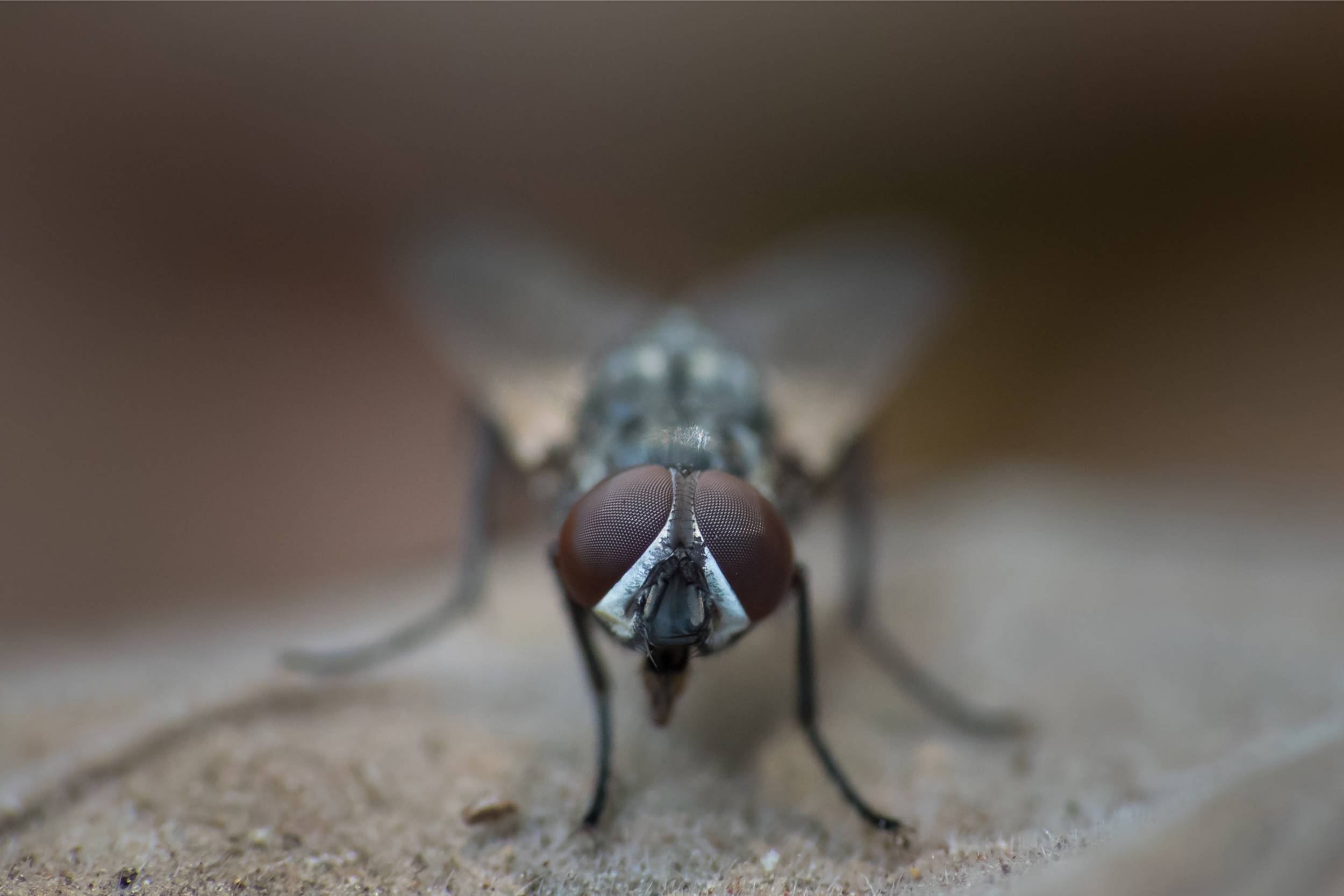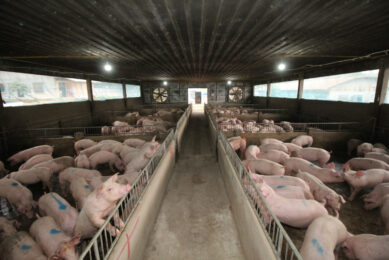ASF Philippines: DBP bank to boost pig recovery programmes

The state-owned Development Bank of the Philippines (DBP) has aimed to revitalise the pig industry by establishing a Swine 3 credit programme that will complement the Department of Agriculture (DA)’s Integrated National Swine Production Initiatives for Recovery and Expansion (Inspire) programme.
DBP president and chief executive officer Michael O. de Jesus said that the Bank’s Swine Repopulation, Rehabilitation, and Recovery (Swine R3) Credit Programme, in partnership with the Department of Agriculture (DA), has embarked on the establishment of bio-secured swine farms across the country.
“The Swine R3 Programme is a tangible manifestation of DBP’s support to the vision of president Ferdinand R. Marcos, Jr of ensuring food security in the country as it provides financial assistance to local pig producers to strengthen the entire pork production chain,” De Jesus said.
De Jesus said the Swine R3 also complements the DA’s Integrated National Swine Production Initiatives for Recovery and Expansion (Inspire) programme, which seeks to improve pig repopulation and lead to intensive and modernised pork production for better livelihoods.
Credit assistance
Through the Swine R3 Programme, DBP grants credit assistance to small businesses and local government units in setting up bio-secured wean-to-finish facilities or engaging in contract growing agreements with a partner integrator such as Charoen Pokphand Food Philippines Corporation, the local subsidiary of the Thai food conglomerate.
De Jesus reported that as of January 2024, DBP has approved PHP 2.72 billion (€44.9 million) in credit support under the said facility. “We fully expect that number to increase to PHP 5.57 billion (€91.9 million) by year-end, and more importantly, to significantly boost domestic pork production,” he noted.
Increased annual pig production
DBP’s assistance to the pig industry has already increased annual pig production in the country by an estimated 59,501 animals, translating to an additional 5.95 million kg of available pork and pork products while existing projects that include a 2,400-sow farm in South Cotabato and a 6,000-sow farm under construction in Negros Occidental are expected to contribute 686,400 head or 75.504 million kg annually.
De Jesus said the bank is allocating PHP 700 million (€11.6 million) to establish a 3,000 sow-breeder farm and wean-to-finish farm in Palawan aiming to produce 84,000 piglets annually and 72,000 head from the wean-to-finish facility.
“DBP shall continue to advance meaningful programs and policies that benefit all essential stakeholders such as our farmers and food industry workers in line with president Marcos Jr’s vision of a food-secure Philippines,” said Philip G. Lo, DBP chairman.
ASF cases
The Philippines News Agency reports that as of August 21, the Bureau of Animal Industry (BAI) reported 458 barangays in 15 regions under red zones, which is exponentially higher than 24 barangays during the first half of May. The highest number of affected barangays are in North Cotabato with 87, Occidental Mindoro with 69, Batangas with 66, and Quezon with 47. In August, BAI also reported new ASF cases in Northern Luzon including 8 barangays in Angandanan, Santiago City, and San Guillermo in Isabela; 4 barangays in Enrile, Cagayan; 1 barangay in Dupax del Norte in Nueva Vizcaya; and 1 in Mexico, Pampanga. villages are in the towns of Balaoan, Luna, Bangar, Bacnotan, Santol, San Juan, Rosario, and San Fernando City. October 2024 reports from DA show 53 villages categorised as red zones due to the presence of ASF: villages in the towns of Balaoan, Luna, Bangar, Bacnotan, Santol, San Juan, Rosario and San Fernando City.
ASF vaccine rollout
To date, the ASF AVAC live vaccines from Vietnam have secured a certificate of product registration from the Food and Drug Administration (FDA). Agriculture secretary Francisco Tiu Laurel Jr announced that the government-controlled vaccine rollout against ASF started on August 30, 2024.
The vaccine against ASF is proving effective “at least for now,” the DA recently said, reporting that most pigs inoculated in August are still alive and healthy.
In a sectorial meeting in September, president Marcos directed the DA to accelerate the vaccine rollout as ASF continues to pose a challenge to the government’s efforts to manage food inflation.
Agriculture secretary Francisco Tiu Laurel said the DA plans to procure 600,000 doses of the ASF vaccine by December, with an initial 10,000 doses already set for administration by the end of September and another 150,000 doses expected to arrive by mid-October.
The DA and the Food and Drug Administration (FDA) recently announced that 150,000 doses of the ASF vaccine have been rolled out in September. The distribution prioritized eligible commercial farms, semi-commercial enterprises, and clustered backyard farms.
The DA expects commercial mass vaccinations in the country by 2025.
Plans to step up biosecurity in 2025
Besides the ASF vaccine rollout, the agriculture secretary also announced plans to operate the first Cold Examination Facility in Agriculture (CEFA) in Angat, Bulacan in January 2025. A CEFA is a sanitary phytosanitary inspection facility for imported animals, fish, plants and other agricultural products to ensure food safety and prevent the entry of plant pests and animal diseases such as ASF and avian influenza, among others. Laurel said plans are also underway to open four additional CEFAs by September 2025 in Manila, Subic, Davao region and General Santos City.











